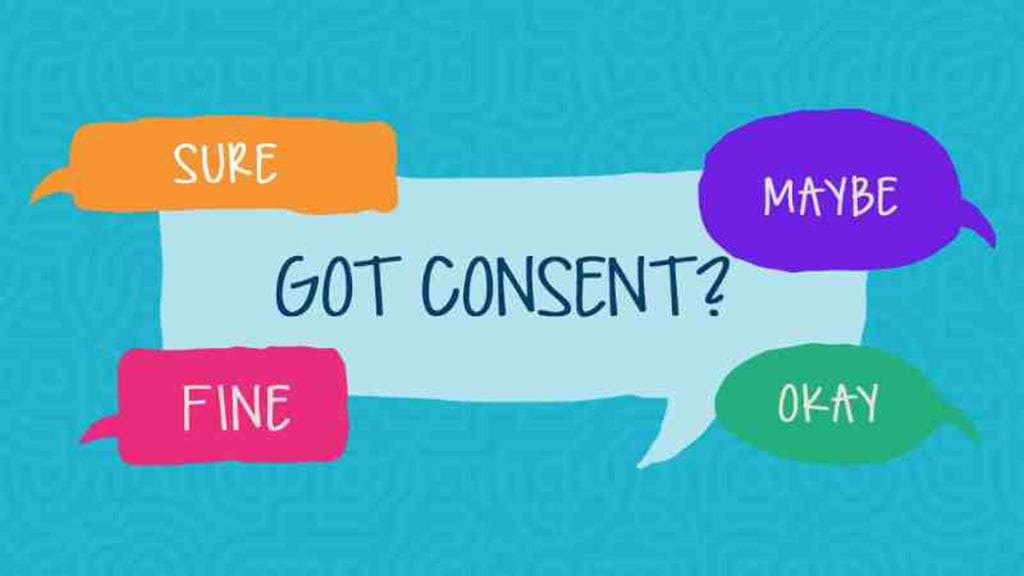
Sexual violence
President's message
All members of the Sheridan community have a right to study, live and work in an environment that is free from any form of sexual violence.
Sheridan’s Sexual Violence Policy and Sexual Violence Procedure aim to better support victims/survivors by making information easier to find, making the reporting process clearer, and detailing what supports are available. They ensure that individuals who make complaints are believed and their rights are protected. They also hold those who have committed an act of sexual violence accountable.
I urge all members of the Sheridan community to review the Sexual Violence Policy and its Procedure. We all have a role to play in building and maintaining a culture that is intolerant of violence, abuse and assault and that promotes consent and respect.
Janet Morrison
President and Vice Chancellor
What is sexual violence?
Sexual violence is any act targeting a person's sexuality, gender identity, or gender expression, whether the act is physical or psychological in nature, that is committed, threatened, or attempted against a person without the person’s consent.
Sexual violence includes conduct under the Criminal Code of Canada such as:
- sexual assault
- indecent exposure
- sex trafficking
- non-consensual distribution of intimate images (“revenge porn”)
- criminal harassment (“stalking”)
- voyeurism
- sexual harassment
- online sexual harassment and other exploitative digital practices or conduct
Resources for Sheridan faculty, staff and students
Resources created by students, for students:
Current Sheridan faculty, staff and students are encouraged to visit the Sexual Violence page on Sheridan Central for additional information and resources, or contact the Sexual Violence Response Specialist at 905-845-9430 ext. 8430 or svrs@sheridancollege.ca.
